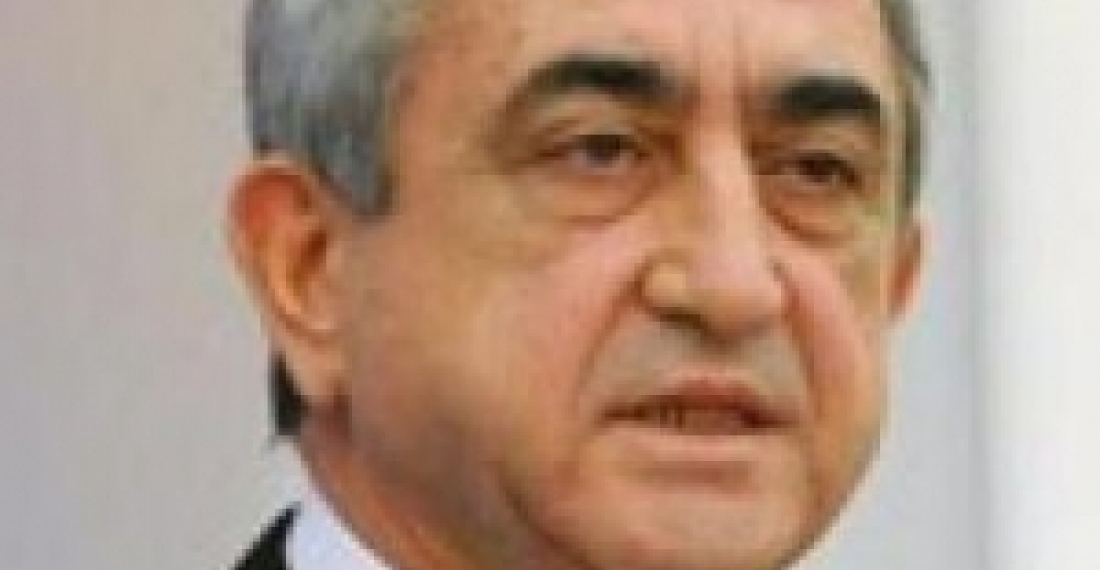I officially announce that as of today we suspend diplomatic relations and all official contacts with Hungary, President of Armenia Serzh Sargsyan said during a special meeting with the heads of diplomatic missions on Friday.
The official web-site of the President of Armenia quotes him as saying that Armenia expects a precise and unambiguous response by all our partners with regard to this incident.
"Anyone who tolerates this, will tomorrow be held responsible to history. Half-measures and circumlocution are not acceptable. We will judge the attitude of our partners towards the security of the Armenian nation by their response to this incident. I request you urgently to convey this as my personal message to the Heads of your States and Governments," Sargsyan said.
He said that what happened can hardly be accommodated by a reasonable mind. "A country that considers itself developed and civilized does not have the right to behave this way and it well deserves proper assessment by its partners," the President said.
Earlier in the day Sargsyan convened a special meeting of the National Security Council. Invited to the meeting were the ambassadors of UN member states to Armenia and the heads of the Yerevan offices of international organizations.
On Aug 31 Azeri mass media reported that Ramil Safarov, an Azeri officer sentenced by a Hungarian court to life in jail for killing sleeping Armenian officer Gurgen Margaryan with an axe in Budapest in 2004, was extradited to Azerbaijan. The same day Azeri President Ilham Aliyev decreed to pardon the criminal.







